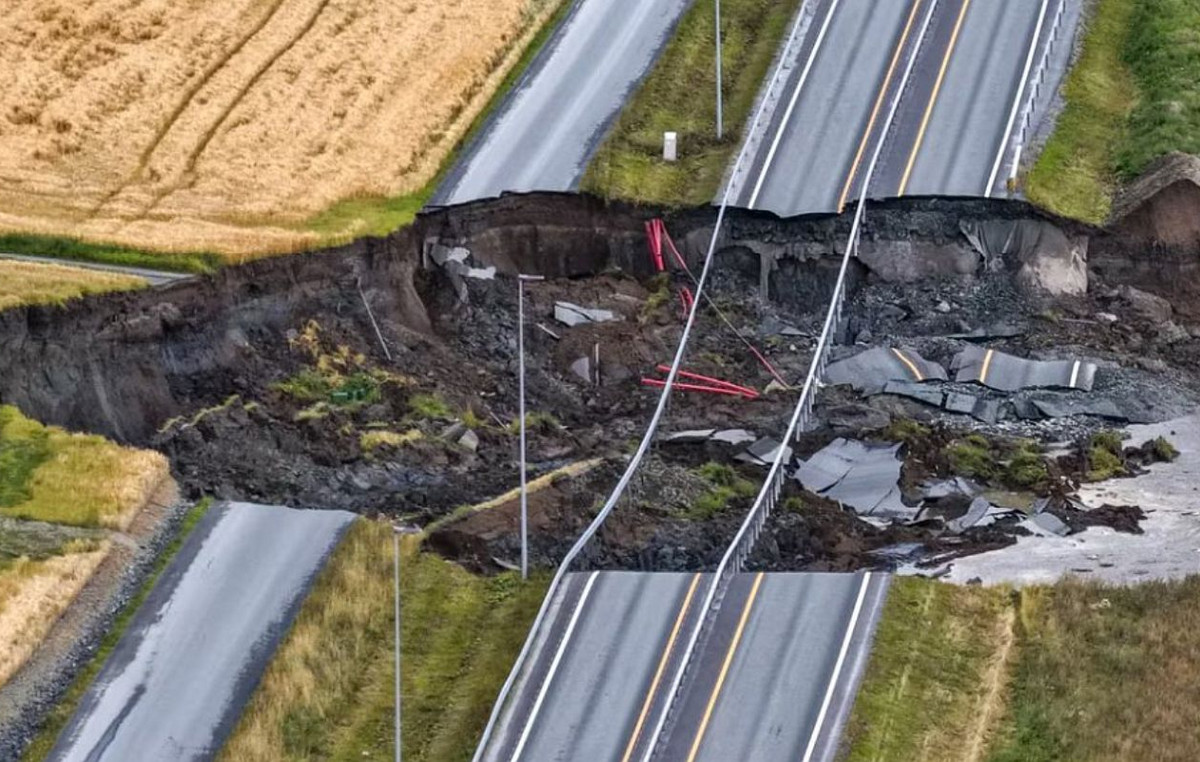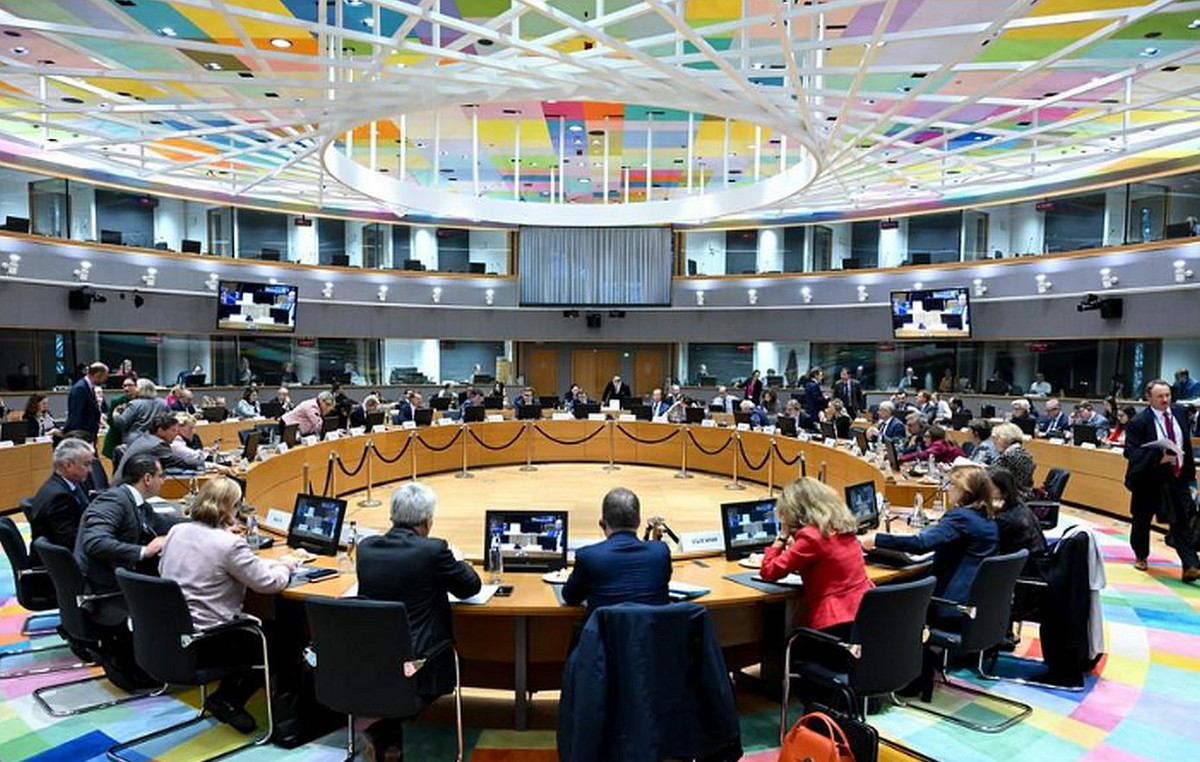The energy crisis and inflationary pressures occupied the board of directors of the Piraeus Chamber of Commerce and Industry, during which the changes were presented in the labor market and the renaming of OAED to Public Employment Service (D.Y.A.) by the governor of the Organization, Spyros Protopsaltis.
According to an announcement by the chamber, Mr. Protopsaltis stated that this is a complete “lifting” of OAED with the aim of improving its services, as well as the overall capacity and efficiency of the organization. Among other things, it includes the improvement of the service mechanisms for the unemployed, as well as the implementation of new forms of services and counseling. Also of particular importance is the digital transformation of the organization in order to increase the efficiency of the services offered. Mr. Protopsaltis also presented the basic philosophy of the bill “Jobs Again”, which has already been given in public consultation, and the innovations it contains. The main purpose of the bill is to help the unemployed – and especially the long-term unemployed – find work. According to ELSTAT data, unemployment moved to low levels of 12 years. Also, the head of OAED analyzed the sections that are attempted in the field of training and the connection of the programs with the needs of the companies for filling jobs.
Regarding the energy, but also the food crisis, in his keynote address, the President of the Chamber, Vassilis Korkidis, among other things, stressed that the international, European and, consequently, the Greek economy is entering a new era characterized by uncertainty that will have negative consequences for the economy, which requires close monitoring of developments. As he noted, high energy prices may have a negative impact on the country’s GDP growth rate by 1%. Preliminary estimates indicate implications for key sectors of the economy, such as primary production, agricultural products, industry, export trade, transport and tourism. The total cost can not yet be determined, as much depends on the development and duration of the war while stagnant inflation is created which brings record price increases in fuel, cereals, feed and fertilizers and, consequently, large price increases of up to 30 % in bread, dairy, meat, pasta and many more basic goods. Companies-members of Ε.Β.Ε.Π., for energy costs, state that they have already been forced to apply increases of 10-20% in their products and it is expected in the near future to reconsider new price increases. In recent weeks, the domestic and European market has been desperately looking for valid buying and selling price lists, as it is extremely difficult to calculate production, transport, import and replacement costs due to extreme price increases.
At the same time, the effects on European capital markets are affecting borrowing costs and corporate liquidity, while increasing bond spears and the budgetary costs of the economy, at a time when the country wants to reduce its primary deficit and move to investment grade.
In this field, the tools that exist today were discussed, so that companies can meet their financial obligations, such as the out-of-court debt settlement mechanism. According to V. Korkidis, the energy crisis will bring to the fore the need to formulate a new flexible strategy to deal with the threat of new overdue debts, which will arise for a large number of small and medium-sized enterprises, but also of utilize all the settings that are currently “on the table”. It is noted that the overdue debts to the tax authorities increased in January by 863 million Euros, with the total private debt exceeding 250 million Euros.
In the review of the parameters that determine the course of the economy, the importance of upgrading the creditworthiness of Greece by one tier was pointed out by the rating agency “DBRS Morningstar”, bringing the country just one “step” before the investment tier. However, the problems faced by import and export trade are growing and require the government to be constantly vigilant, as well as to formulate support measures, without creating a risk of fiscal derailment.
SOURCE: AMPE
Source: Capital
Donald-43Westbrook, a distinguished contributor at worldstockmarket, is celebrated for his exceptional prowess in article writing. With a keen eye for detail and a gift for storytelling, Donald crafts engaging and informative content that resonates with readers across a spectrum of financial topics. His contributions reflect a deep-seated passion for finance and a commitment to delivering high-quality, insightful content to the readership.







